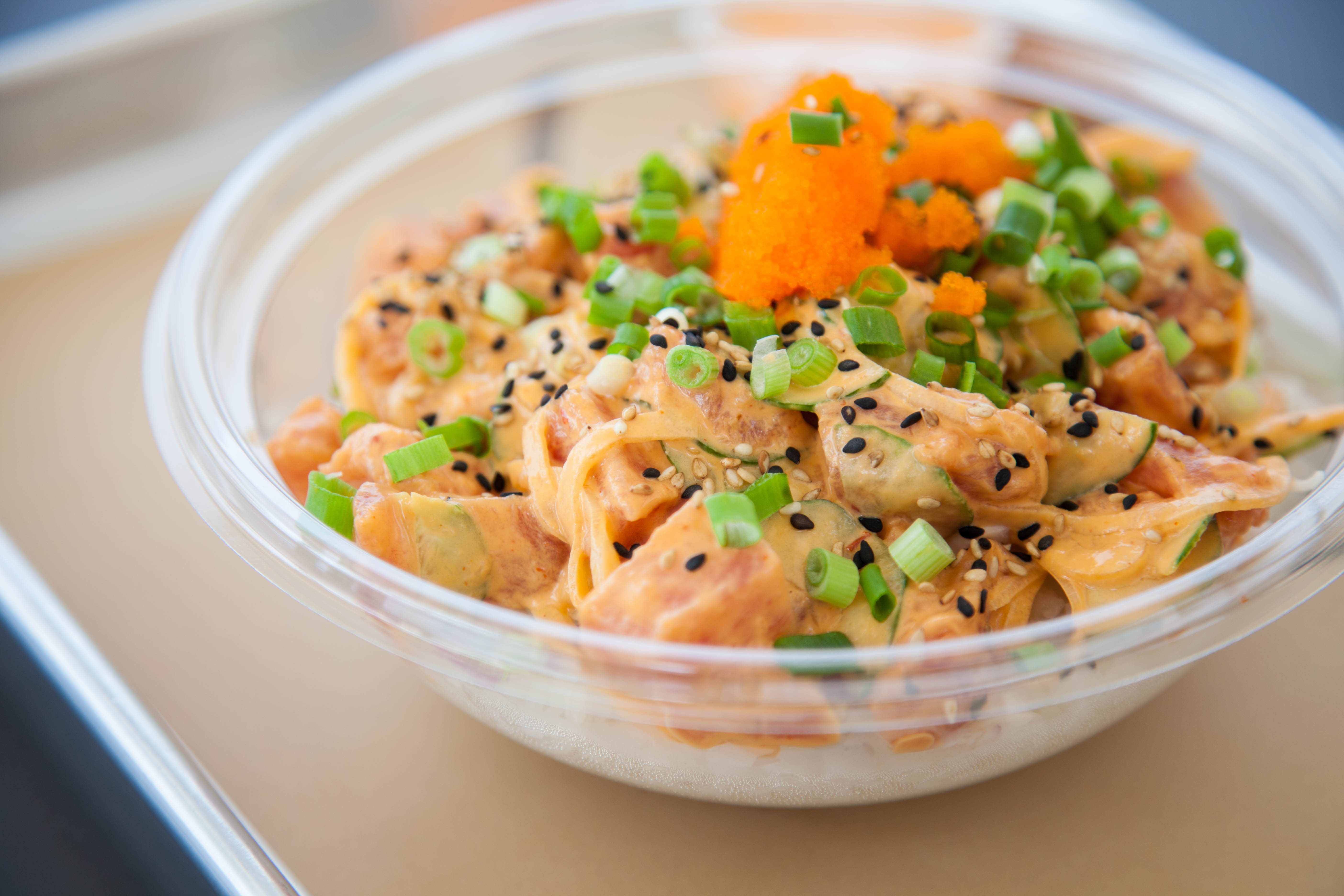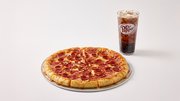Blog
Pokeworks CEO: 'Why the demand for poke isn't slowing'
Today, the poke trend itself is at an all-time high with an annual growth rate of 25 percent. Beyond the poke craze, other popular Hawaiian-inspired dishes are making appearances on menus across the nation, such as loco moco, haupia, kalua pork, spam, and many more.

September 10, 2019
By Mike Wu, CEO and Co-Founder of Pokeworks
Since the Hawaiian Islands joined the union six decades ago, millions of visitors every year travel far and wide to experience the wide array of culinary selections, beautiful landscapes, and laid-back vibes found in the Aloha state. Today, as inspiration strikes both natives and visitors, traces of Hawaiian culture and cuisine are trickling across the Pacific Ocean to invigorate modern cuisines on the mainland.
Hawaiian-inspired cuisine is now one of the top drivers in today's restaurant industry. Poke, a meal long celebrated across the islands as Hawaii's most popular raw-fish dish, took the mainland by storm in 2016 as poke-centric restaurants began popping up across the nation. Today, the poke trend itself is at an all-time high with an annual growth rate of 25 percent. Beyond the poke craze, other popular Hawaiian-inspired dishes are making appearances on menus across the nation, such as loco moco, haupia, kalua pork, spam and many more.
Why the sudden demand?
Today more than ever, consumers are going out of their way to make strides towards living healthier, more positive lifestyles. As part of this lifestyle shift, they are more conscious of the nutritional value of the food they consume, and are looking for transparency when it comes to what they put in their bodies. Hawaiian culture and cuisine are built upon the principles of using healthy, fresh and locally grown and found ingredients — not to mention the inherent hang-loose mindset and lifestyle the islanders live by. These factors in and of themselves are enough to spark the interest of health-conscious consumers (most notably millennials) who are mainstreaming the trend on the mainland.
What does this mean for fast casual?
Today's health-focused, transparency-seeking consumer is completely changing expectations of fast-casuals across the nation. To best capitalize on these demands, fast casuals have a new-found responsibility to take initiative in upholding the value of sourcing healthy, fresh and responsible food. If today's fast casual restaurants overlook these important consumer values, they are subjecting themselves to missing out on a significant area of potential business. Hawaiian-inspired cuisine has put itself at the forefront of the quick-serve space due to its freshness, versatility, nutritional value and overall popularity among consumers.
While consumers focus on healthy-eating, another demand they are making is that they are still not willing to sacrifice their time. Though seafood — a major component of Hawaiian-inspired cuisine — has traditionally been pigeonholed to a full-service landscape, a new opportunity to capitalize on a previously untapped market and heightened demand for seafood is presented to the fast-casual space.
Younger consumers historically been known to be the trailblazers, leading the pack in finding the "next big thing" in terems of food, health and wellness trends. With the emergence of social media, it is customary for Gens Y and Z to share their food, lifestyle and wellness experiences with their social networks to help others live a life of longevity. As we know, social media is a strong tool with the power to be a driving force for consumer demand and awareness. As a direct result, millennials and their consumer preferences played a critical role in bringing Hawaiian-inspired cuisine into the spotlight and to the masses.
With no signs of the health-centric, fast-paced lifestyle slowing down, Hawaiian-inspired food is projected to remain on top. Due to its holistic wellness benefits for the greater food, it has the capacity to make a significant impact on the fast casual industry.
Author Bio: Michael Wu is a serial millennial entrepreneur, a second-generation restauranteur and the CEO and co-founder of Pokeworks. With over a decade of restaurant management experience, he first got his feet wet after working in his family's many Asian restaurant concepts including Chinese, Japanese and Thai cuisines. Fueled by his entrepreneurial spirit and passion for hospitality and delicious food, Michael went on to become the CEO and co-founder of the U.S. subsidiary of an international hot pot restaurant chain, opening and managing over 20 full-service restaurants with revenues over $50 million annually.
In 2015, Wu and his fellow partners embarked on a new venture with the founding of Pokeworks, a millennial-fueled brand bringing an authentic taste of the Islands to the masses with Hawaiian-inspired poke burritos and bowls derived from the highest quality ingredients from local waters. Today, Pokeworks has 46 locations and more than 130 under development.












